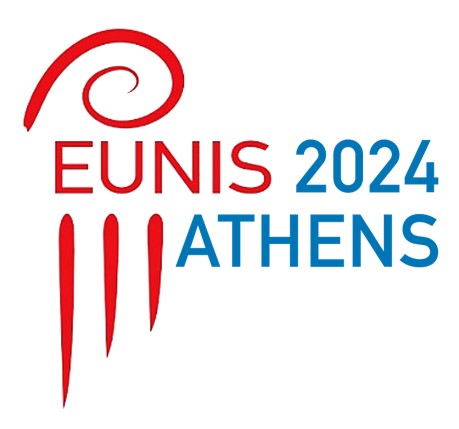This session consists of three presentations
Featured Speakers
Jamie Gryce, TeamMate:
Creating Future-Ready Workspaces
Download the presentation
Dimos Charidimou, Aristotle University Thessaloniki:
An educational studio for quality multimedia content – A successful delivery of IT practices #82
The Information Technology (IT) Center of Aristotle University of Thessaloniki (AUTh), in the context of the digital transformation of education, developed a studio to produce quality learning multimedia material. With the appropriate creation of multimedia resources, learning can be facilitated whether it is face-to-face, online, or even hybrid education. This paper deals with the construction of an educational studio as well as the creation of a new service to produce added-value multimedia material for the academic community of AUTh. The studio serves a dual purpose:
Creating high-quality, learner-centered audiovisual educational materials ensures students receive engaging and comprehensive content tailored to their learning needs.
Supporting a wide range of university activities. This includes interviews, promotional videos, events, conferences, and more. By capturing and sharing these activities, the studio strengthens the university’s outward engagement and visibility.
This transformative project stands as a testament to the IT Center’s strategic foresight in adapting to the evolving educational landscape, particularly after the COVID-19 pandemic.
Download the presentation
Henna Toivola, CSC – CSC – IT Center for Science, Finland:
Advancing Higher Education Assessment in Finland: Promoting Academic Integrity and Student Mobility through Collaborative Solutions #23
Student mobility, lifelong learning, and the growing trend of residing away from the university town increases the need for development of new solutions for higher education learning tools. On the other hand, the rise of AI has increased the demand for reliable assessment solutions to ensure academic integrity. Evidence shows that remote proctoring solutions are unable to detect the use of generative AI tools. Exam spaces
equipped with designated computers and identity verification offer a dependable solution but may be tedious for learners.
In a collaborative effort, Finnish Higher Education Institutions have established a national network for developing assessment solutions collaboratively. EXAM, a modern e-examination software, has been developed and utilized by a consortium of 28 universities and universities of applied sciences in Finland. As of 2024, this collective endeavor has reached its ten-year milestone. The developed system (https://e-exam.fi/inenglish/) comprises of an IT solution and designated exam spaces for learners.
The primary objective of the EXAM system is to provide flexibility in e-examinations within technically supervised facilities located on university premises. Students can conveniently schedule their exams at their own institution, at times of their choosing, irrespective of the lecturer’s schedule. During the e-exam, the system randomly selects questions for each student from a question bank.
A recent enhancement, ‘EXAM visit’, enables students to book exams at any partnering institution. This means that students residing or working far from their university can take their exams at their place of residence, significantly reducing the need for travel. Since the EXAM system is widely adopted across most Finnish universities, students have the freedom to choose the most convenient location for their exams,
spanning from Helsinki to Lapland. This enhancement is particularly advantageous for lifelong learners who may enroll in courses across multiple institutions to acquire skills relevant to their professions.
Download the presentation



